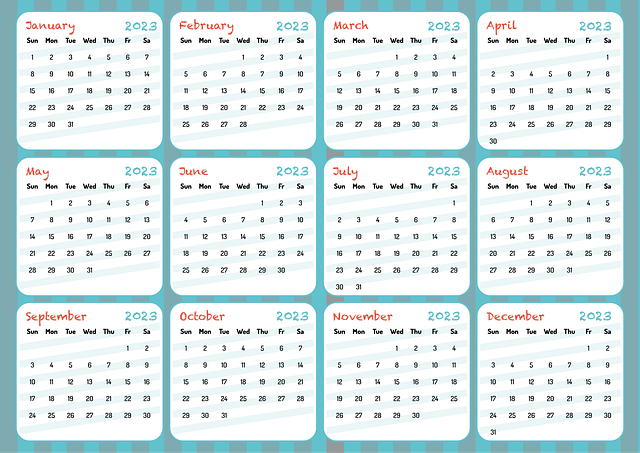Community outreach through events requires understanding local needs and interests (Event Planning for Local Businesses). Engage residents, business owners, and organizations via surveys, focus groups, or conversations for valuable insights. Create event themes that resonate with demographics, cultural backgrounds, and values (e.g., family-friendly festivals, eco-friendly workshops), fostering higher participation and aligning with community goals. Collaborate with local entities to avoid conflicts, enhance unity, and positively impact the neighborhood landscape.
“Unleashing the Power of Community Outreach: A Comprehensive Guide for Local Businesses
Community outreach events are a vital strategy for local businesses to connect, engage, and thrive. This article delves into the art of planning successful initiatives that resonate with your audience. From understanding diverse community needs through demographic insights and focus groups, to choosing venues and crafting marketing campaigns, we explore every step. Discover how aligning event themes with local interests, effective logistics, and innovative engagement strategies can transform your business’s presence and foster a thriving local ecosystem.”
- Identifying Community Needs and Interests
- – Understanding the local community: demographics, cultural events, and existing initiatives
- – Conducting surveys and focus groups to gather input from potential attendees
Identifying Community Needs and Interests

When planning community outreach events, one of the most critical steps is identifying the needs and interests of your local community. This involves engaging with residents, business owners, and local organizations to understand their priorities. By conducting surveys, hosting focus groups, or even informal conversations, Event Planning for Local Businesses can gain valuable insights into what matters most to the community.
This process allows organizers to tailor events that resonate with the audience, fostering a stronger sense of participation and ownership. For instance, if the community expresses a keen interest in environmental conservation, events could focus on sustainability initiatives or educational workshops related to eco-friendly practices. Such targeted approaches not only attract more attendees but also ensure that the event aligns with the community’s values and long-term goals.
– Understanding the local community: demographics, cultural events, and existing initiatives

Understanding your local community is a cornerstone in successful event planning, especially for businesses looking to connect with their customers and neighbors. When planning outreach events, it’s crucial to consider the demographics of the area. This includes age groups, cultural backgrounds, and socioeconomic factors. For instance, a family-friendly festival might resonate best in neighborhoods with high concentrations of young families. Similarly, recognizing cultural events and traditions specific to the community allows organizers to tailor activities that respect and celebrate these unique identities.
Additionally, researching existing initiatives and local businesses is essential. By identifying ongoing efforts within the community, event planners can collaborate or complement these activities, fostering a sense of unity and avoiding potential conflicts. Engaging with local leaders, community centers, and cultural organizations can provide valuable insights into the needs and interests of residents. This knowledge ensures that events are inclusive, well-received, and contribute positively to the vibrant landscape of the neighborhood.
– Conducting surveys and focus groups to gather input from potential attendees

Before designing and executing community outreach events, it’s crucial to engage directly with potential attendees through surveys and focus groups. These tools empower local businesses involved in event planning to gain valuable insights into what resonates with their target audience. By asking open-ended questions and gathering feedback, organizers can tailor activities, themes, and formats that align with the community’s interests and needs.
Surveys and focus groups provide a direct line to understanding people’s preferences, expectations, and suggestions for improvement. This qualitative data enriches quantitative findings from demographics and past event attendance records, enabling more informed decision-making. Event planners can use this comprehensive knowledge to create outreach initiatives that foster genuine connections, enhance engagement, and ultimately ensure the success of local business collaborations in the community.
By delving into the specific needs and interests of their local communities, businesses can transform event planning into a powerful tool for engagement. Through understanding demographics, cultural events, and existing initiatives, coupled with valuable input from focus groups and surveys, companies can create meaningful experiences that resonate with attendees. This strategic approach to event planning fosters stronger community ties, enhances brand reputation, and ultimately benefits both the business and the local landscape.
